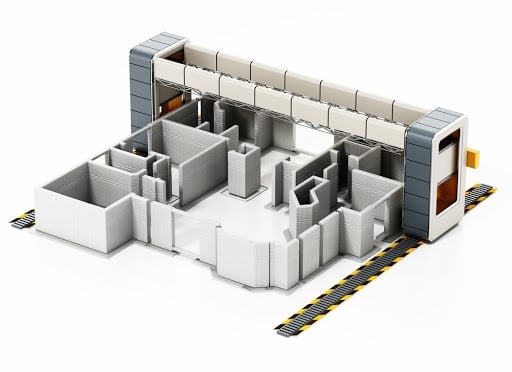Jay Inslee, the Democrat governor of Washington state, recently vetoed a legislative proposal to cut the budget & occupation (B&O) tax rate for the state's manufacturers.
In doing so stifles potential job growth in the manufacturing sector, one think tank leader believes.
In a column for The Seattle Times, Lew Moore, the president of the Washington Research Council, believes that growth in the manufacturing industry could be seen if the governor supported tax-reduction policies. In particular, small to medium sized manufacturing businesses would benefit greatly, he also argues.
Moore writes:
"A surprising number of the companies that would benefit from the vetoed B&O manufacturing tax policy are small businesses. Many are in depressed rural areas. And it’s important to note that growth in the manufacturing sector can boost the overall economic health of a community. For every manufacturing job created, two to eight additional jobs develop."
Essentially, the line of reasoning Moore backs is one that would see growth with the reduction of the current B&O tax rate.
According to the state's Department of Revenue, the B&O tax applies to all gross dollars earned, regardless of profit or loss. "It is measured on the value of products, gross proceeds of sale, or gross income of the business," the agency states.
The B&O tax rate also varies given a class of specific criteria and factors. For the manufacturing industry, the rate varies through the many sub-industries. Credits exist for high tech manufacturers or rural operators, among others; however, businesses cannot make deductions. The B&O tax is one of the many tax models that states that don't have a corporate or personal income tax adopt. Nonetheless, the B&O tax compounds with other taxes for the total rate to increase. Washington, in particular, receives the majority of its tax dollars from sales tax revenue.
Nationwide, the manufacturing industry has suffered from job loss due to competition with foreign countries and a shortage of skilled technical labor.
CNS News, in an analysis, pointed out that American government jobs increased 35 to 1, compared to jobs in the manufacturing industry.
Stay tuned for an analysis discussing the various ways to fix the skilled labor shortage in the manufacturing industry.
How would you restore job growth in the manufacturing industry? Tell us in the comments.
RELATED BUSSINESS COVERAGE FROM CAPITALISM.COM:
• First In A Decade: Valentine’s Day Consumers Expected to Spend Less
• Uber Takes Off into Flying Cars Market
• 7 Questions You Need to Ask Yourself Before Agreeing to a Partnership










